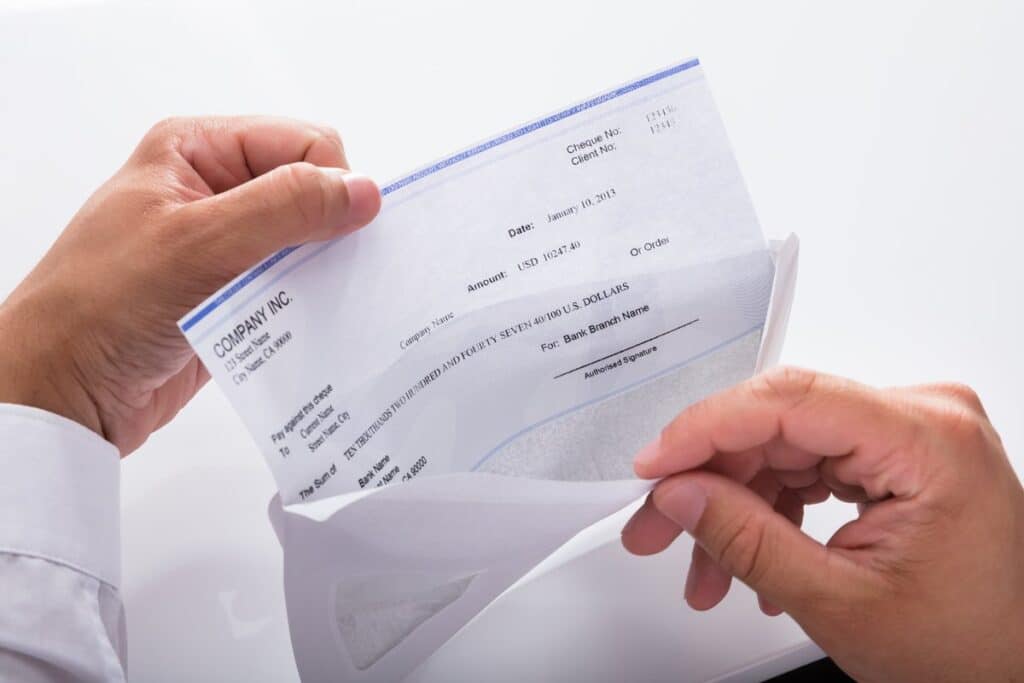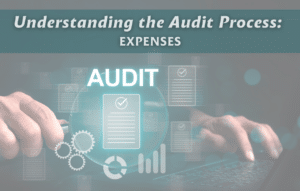A fundamental tenant of taxation under the United States Internal Revenue Code is that taxable income includes “all income from whatever source derived”. Thus, under the tax law, all sources of economic enrichment are taxable unless there is a specific provision which works to exclude that item. Supplementing this tenant is a second fundamental tenant mandating when the income is to be recognized. For taxpayers that recognize income on the cash basis of accounting, which includes most individuals, income is recognized when it is “constructively” received.
The doctrine of constructive receipt treats as taxable income the income which is unqualifiedly subject to the demand of a cash method taxpayer, whether or not such income has actually been received in cash. Long a basic doctrine of United States tax law, cash basis taxpayers continually seek to defeat the spirit of this doctrine through manipulated or artificial transactions.
Recently, the doctrine was tested again when a taxpayer in receipt of retirement plan distribution check failed to cash the check in the year the check was received. As would be expected under the constructive receipt doctrine, the Internal Revenue Service, in rendering Revenue Ruling 2019-19, ruled specifically the doctrine applies to payments from a qualified plan and that an individual who received such a retirement distribution check from a qualified plan is taxed in the year of receipt even if the check is not cashed.
In addition, the employer’s obligation to withhold tax and report the distribution is unaffected by whether the check is cashed.
The constructive receipt rule applies whether or not the individual keeps the check, sends it back, destroys it, or cashes it in a later tax year. Under the constructive receipt rule for checks, receiving a check any time on or before December 31 of a calendar tax year counts as income in that tax year.
Note, however, there could be a twist in the application of the doctrine driven by language contained in the Revenue Ruling. Because the new ruling applying specifically to retirement checks uses the term “could cash“, it does not seem to apply to an individual who receives the check after banking hours on the last day of the tax year. Of course, “banking hours” is a loose concept these days. But the fact remains the Internal Revenue Service could have simply said “receipt” and left it at that.
A failure to recognize income from any check received “after” closing hours in respect of this language is not likely to be found to be in compliance with the spirit of the doctrine. To that end, we would suggest that planning around this language is flimsy at best.
As questions and comments can be directed to Bob Grossman or Don Johnston.








